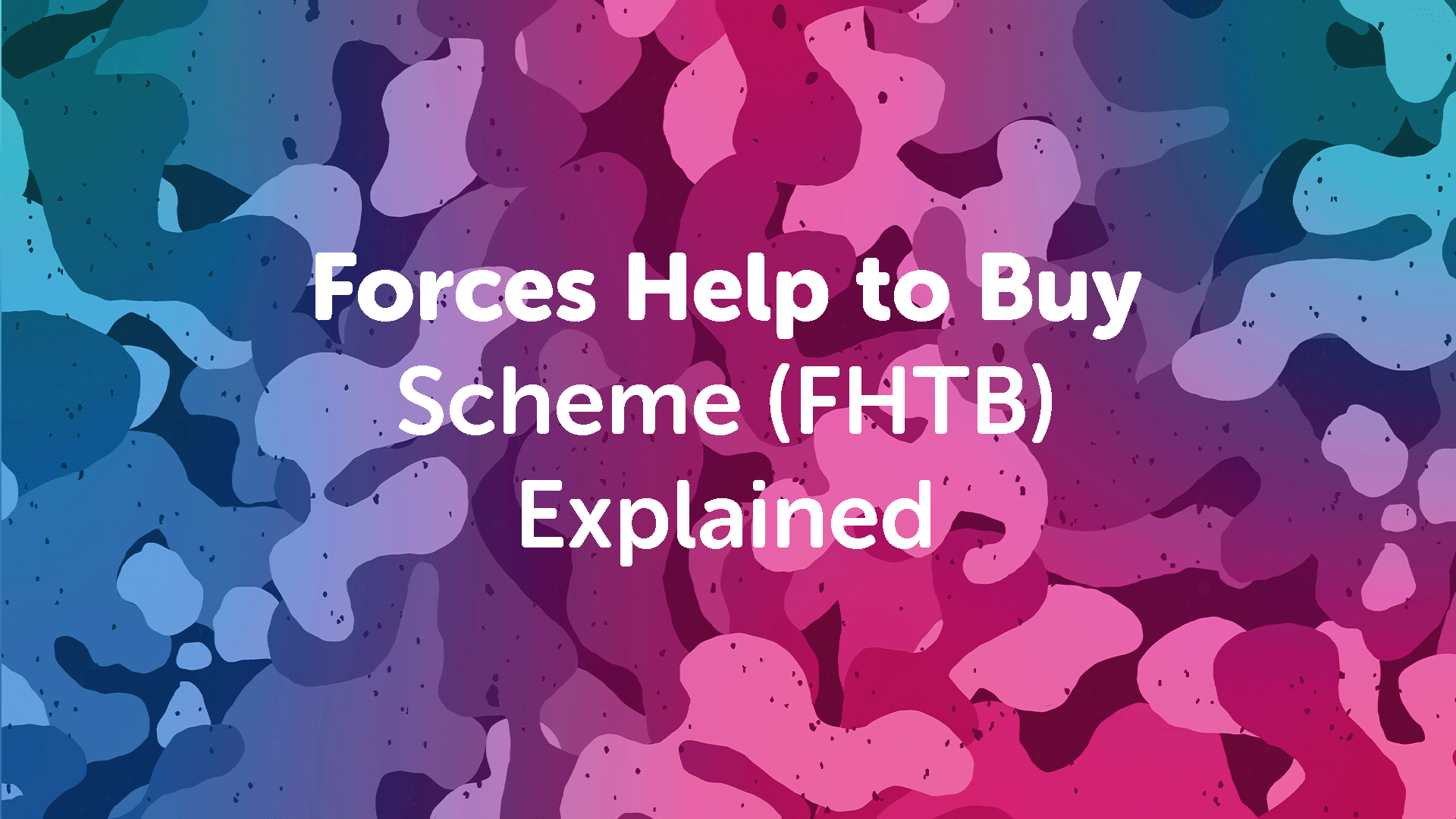Prior to the credit crunch, securing a mortgage was relatively straightforward. However, this accessibility led to instances where individuals, even those who couldn’t afford it, obtained mortgages through 100% or even 125% loan-to-value ratios.
Consequently, the aftermath of the crunch resulted in a near-impossible situation for mortgage seekers. Eventually, as the market regained its equilibrium, lenders began to ease their stance, reintroducing 95% mortgages.
As seasoned mortgage broker in Coventry, we comprehend the challenges associated with obtaining a mortgage. The complexities can be magnified, especially for families or individuals residing in rented accommodations, aspiring to move but facing financial constraints.
Our customers, particularly first time buyers in Coventry, frequently inquire about deposit requirements and their financial implications. Here are some common queries we encounter:
Is it better to put down more than 5% deposit for a mortgage?
Opting for a deposit exceeding 5% significantly heightens your likelihood of mortgage approval. In fortunate cases, it might even lead to a more favourable interest rate from your mortgage lender.
This substantial deposit demonstrates your strong financial standing, indicating you possess ample funds for the down payment. This portrayal reduces the perceived risk for lenders.
Notably, lender products are tiered in 5% increments – 95% mortgages carry higher costs, followed by 90%, 85%, and so on.
Can I take out a personal loan for the deposit?
While it is possible, we advise against it due to lender preferences. A personal loan’s monthly payment would be considered part of your credit commitments by the lender.
Consequently, your mortgage eligibility would be impacted, resulting in a smaller mortgage compared to what you would have qualified for without the loan.
Essentially, this approach involves borrowing two sums of money – both the mortgage amount and the loan – amounting to 100% of the property’s value, which lenders tend to view unfavourably.
Do lenders accept gifted deposits for a mortgage?
While most lenders entertain the option of a gifted deposit, certain ones exhibit stricter policies. Gifted deposits frequently come to the aid of first time buyers in Coventry seeking an entry into the property market.
These deposits typically originate from family or friends, and formal documentation is essential, declaring the transaction as a gift rather than a loan. Lenders will request identification and details about the source of the funds.
Gifted deposits play a pivotal role in sustaining the property market’s health. Recognising the challenges of attaining a 5% minimum deposit, parents often extend support to their children, facilitating their entry into homeownership.
Evidencing the Deposit
When applying for a mortgage, it’s important to provide lenders with comprehensive information about your monthly and yearly income as well as your expenses. This scrutiny is vital to ensure your capacity to manage recurring payments.
The duration for which you’ve been diligently saving for your deposit can enhance your application. Lenders appreciate evidence of prudent financial management. For recent substantial cash deposits, an explanation to the lender is necessary.
Even for transactions like selling a car, substantiation through receipts and documentation of the transaction amount and subsequent usage of funds is imperative. The amount in your bank account should align with the sale proceeds.
Vigilance is essential when making large cash deposits, as lenders require an understanding of the source of these funds. The longer the funds have been held in your account, the smoother the verification process becomes.
One of the more challenging aspects of the application process is demonstrating the origin of your deposits, which can sometimes prove elusive. In cases of property sales, the estate agent provides a memorandum of sale, serving as supporting evidence.
Date Last Edited: December 6, 2023















